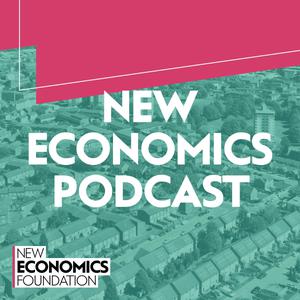Why the far right is winning in Europe, with Yanis Varoufakis
In the recent European elections, the far right won unprecedented gains. From the success of the AfD in Germany, to Le Pen’s National Rally in France, the elections saw nationalist and eurosceptic parties sweep up nearly a quarter of the seats in the European parliament.
In the UK, the next general election is just days away. Voters will be heading to the polls against a backdrop of decades of economic failure, crumbling public services and a cost of living crisis that has left more than four in 10 households unable to afford life’s essentials.
But you wouldn’t know it from the way a lot of our political leaders are talking. Voters are being told, yet again, that times are tough, government spending power is weak, and there is no magic money tree. Oh, and of course, it really is time to crack down on migration, once and for all.
So, how can we understand the promises, or lack thereof, of the people vying for our votes, within a broader context of political upheaval across Europe? In a time of such great need, why are Labour and the Conservatives offering so little? And as the dust settles on the European elections, is the UK really an anomalous country leaning the left, while our continental neighbours lurch rightward?
This week, Ayeisha Thomas-Smith is joined by Yanis Varoufakis - economist, academic, formally Greece’s finance minister, and author of a number of critical books, the latest of which is Technofeudalism: What Killed Capitalism. They discuss: how do we build a Pan-European progressive movement that can win?
.......
Music: Melting Ground by Jangwa, used under Creative Commons licence: creativecommons.org/licenses/by-nc/4.0/.
Produced by Amy Clancy, James Shield, Margaret Welsh and James Rush.
The New Economics Podcast is brought to you by the New Economics Foundation. Find out more about becoming a NEF supporter at: neweconomics.org/donate/build-a-better-future
New Economics Foundation is a registered charity in England and Wales. Charity No. 1055254
2 July 2024, 1:27 pm
